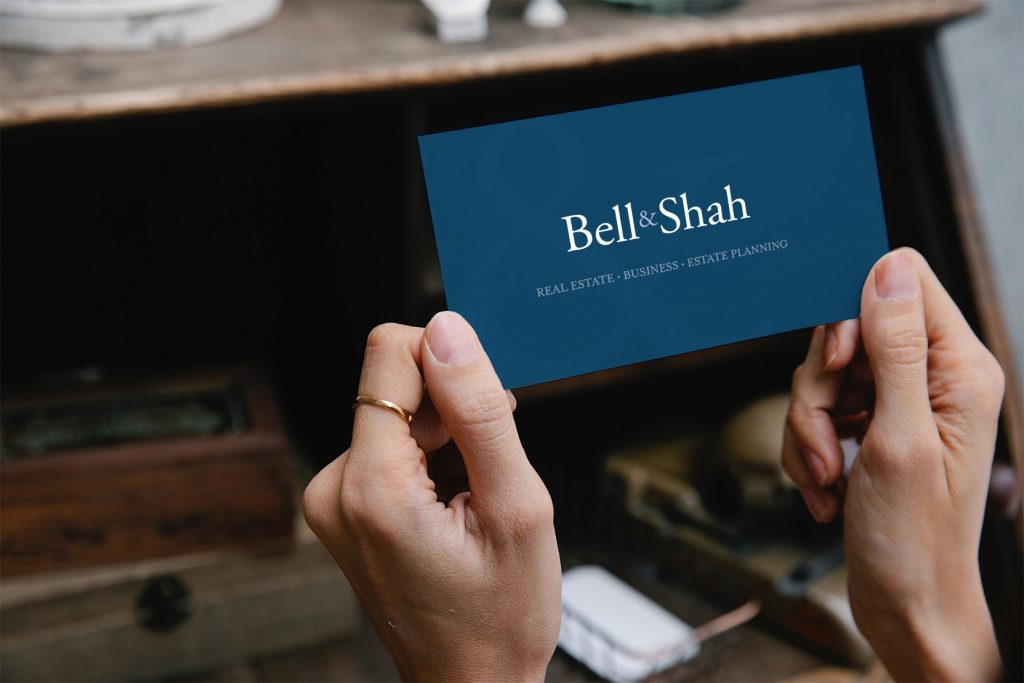According to state laws in the US, workers in certain professions are required to have licenses to guarantee that only capable and ethical individuals practice in these fields. To obtain licenses, individuals need to show that they meet the state standards applicable to a given profession. Steps involved in gaining a professional license include the following:
- Completing specific types of training relevant to one’s field
- Having a prescribed quantity of work experience in that field
- Passing a licensing examination.
Licensure exams generally assess an individual’s knowledge of work procedures, professional codes and policies, and standard practices of the profession, among other topics. Licensing tests are offered by governmental groups with the main objective of regulating practitioners of a specific profession or occupation. The function of professional licensing is to safeguard the health, safety and wellbeing of the public not the profession. The majority of licenses, which are authorized and granted by state governments, give individuals the right to legally practice in their areas of expertise.
Professional Licensure in Illinois
Some typical professions that require licensing in the State of Illinois include teachers, land surveyors, physicians, attorneys, engineers, cosmetologists, nurses, building contractors, professional counselors, marriage and family therapists, electricians, physical therapists, pharmacists, acupuncturists, barbers, optometrists, and many more. In order to maintain a professional license in Illinois it is imperative that license holders renew their licenses regularly through the renewal section of the Illinois Department of Financial and Professional Regulation (IDFPR) website. The main duty of the IDFPR is to serve the public by making certain that the licensure credentials and norms of professional practice are accurately assessed, employed, and enforced.
Turn to Bell & Shaw Law for Licensing Help
Since Illinois laws regarding licensing are continually changing, it is easy for licensed professionals to misinterpret or make risky technical blunders in attempting to interpret these regulations. If you’re experiencing problems keeping up with IDFPR rules and their ongoing changes, it’s important that you consult with a knowledgeable Illinois licensing attorney at Bell & Shaw Law, LLC to help address your concerns. Contact us today for top-quality individualized guidance on the vagaries of IDFPR laws. We would love to hear from you.

